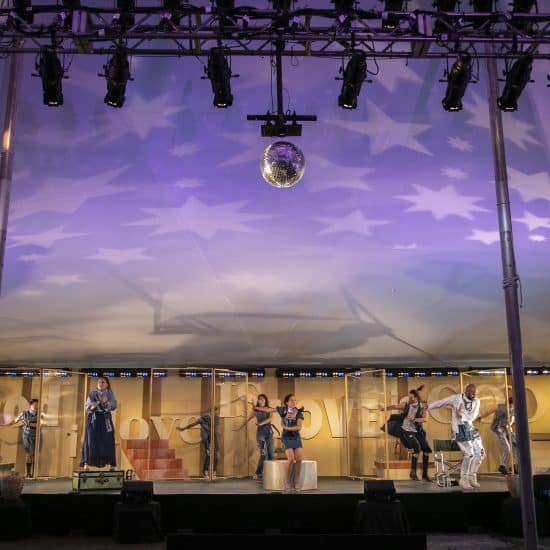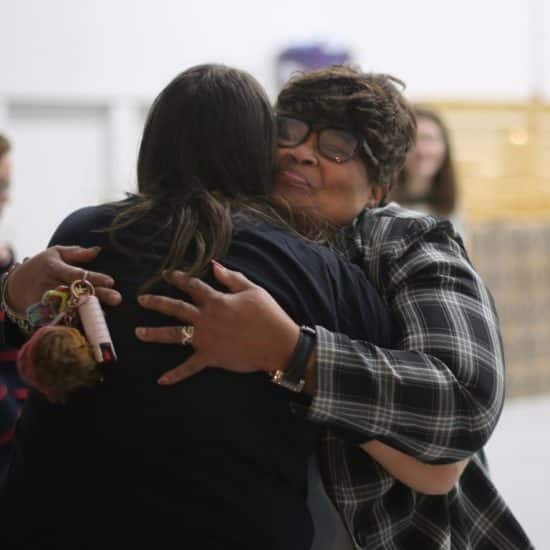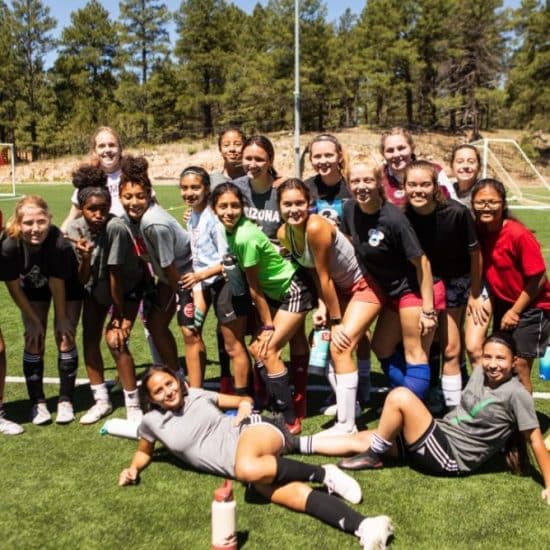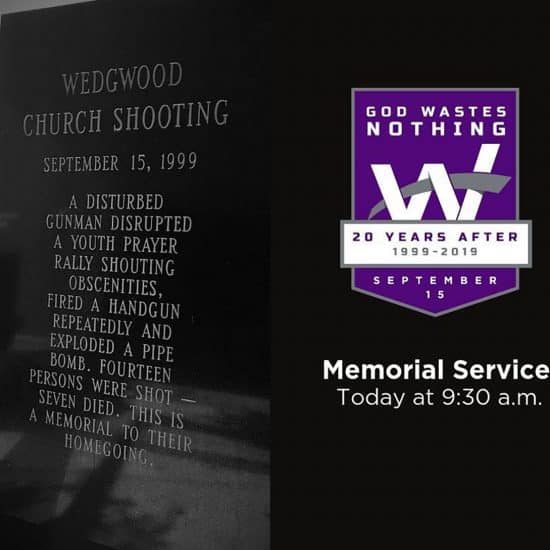TAMPA, Fla.—The Cooperative Baptist Fellowship looked back in laughter and forward in hope at a celebration banquet marking its 20th anniversary June 22.
So-called moderates who lost a bitter 12-year battle for control of the Southern Baptist Convention founded the Fellowship in 1990-91. They assembled in Tampa, Fla., this summer to mark two decades of progress.
Celebration emcees Clarissa Strickland, a CBF staff member, and Brett Younger, a professor at Mercer University’s McAfee School of Theology, acknowledged the “Baptist battles” produced many tearful moments. Those tears spilled over into the early years of the Fellowship’s existence, when their beloved SBC institutions fell into the hands of their adversaries, they noted.
But despite the memory of tears, they kept the anniversary crowd laughing. They chuckled at the names SBC leaders called them, such as “skunks” and “liberals.” They hooted at the idiosyncracies of their movement and the organizations it has produced. They cackled at comparisons between their own leaders and some of the SBC firebrands who ousted them.
Part of their humor pointed to the transition between past and present. Throughout their remarks, video slides popped up on large screens, “explaining” their jokes to the young adults in the crowd who are not old enough to remember the days of conflict and controversy.
One of those on the cusp of the generational divide is Christy McMillin-Goodwin, the Fellowship’s moderator—its top elected officer—for 2010-11. She was a college student when the organization formed.
She used the story of Dorothy from The Wizard of Oz as a metaphor for her own journey to the Fellowship. She grew up in “Kansas,” a church that affirmed not only boys and men, but also girls and women as equal in God’s sight and capable to pray, read Scripture and preach in the congregation’s worship, she said. Later, she encountered churches and college classmates who treated her as a foreigner because of her inclusive beliefs.
Eventually, she felt at home in a church that embraced her calling and gifts.
And then McMillin-Goodwin also felt right at home when she joined others at the organizational meeting of the Fellowship, 20 years ago.
“God created this new Kansas called CBF,” she said. “The next 20 years have the opportunity to be even more transformational if we are faithful.”
Singer Ken Medema pointed to that promise in a song he composed for the celebration.
God’s “kingdom is our hearts’ desire. We are bound for greater things,” he sang. “We are bound to walk that higher road. … We will run that race before us. … And we will taste the grace of God.”
Keynote speaker Molly Marshall told the crowd: “I think I have been looking for CBF all my life.”
Her quest began at First Baptist Church in Muskogee, Okla., which let little girls carry the Bible in the opening ceremony for Vacation Bible School and taught them to sing, “Wherever He Leads, I’ll Go,” said Marshall, president of Central Baptist Theological Seminary in Shawnee, Kan.
Unfortunately, the strides women made in the early 1970s scared many Baptist men, she said, noting the backlash became a major point of division and contention among Southern Baptists.
So, the Fellowship emerged as “a sanctuary for healing” in the 1990s. Although strife and pain marked their recent past, CBF Baptists faced a choice, Marshall said. “We could spend life looking back or looking forward.”
“The (Holy) Spirit works in freedom, calling the church forward,” Marshall contended. She posed seven questions to help the Fellowship “discern the movement of the Spirit”:
• Is the path forward charted by the Spirit in order for followers to “live the calling more fully”?
“Incarnational discipleship is the very heart of our calling,” she said, urging Fellowship Baptists to embody the presence of Christ in ministry to others.
• “Will this require more faith, more hope, more love?”
Those are excellent markers of Christian commitment, Marshall said. She cited St. John of the Cross, a 16th century Spanish poet and church leader, who echoed the Apostle Paul in reminding the church that love is the measure of Christian faithfulness.
• “Are we persuaded that we cannot do this in our own strength?”
True faithfulness to Christ calls for “radical dependence,” she said, noting Spirit-directed tasks are so great they cannot be accomplished by human strength and wisdom.
“We must stretch toward goals that require the power of the Spirit,” she urged.
• “Will the pathway that the Spirit is nudging challenge old perceptions of how God is working?”
“Does God get bored with the same old methods, the same old forms?” Marshall asked. “The Spirit is nudging us” toward openness to new thoughts, new approaches to church and ministry, new challenges and relationships, she stressed.
• “Will my community of faith grow in maturity as we become more invested in the movement called CBF?”
Fellowship Baptists’ current challenge is to “discern what lies before us,” she said, urging nothing less than creative, redemptive transformation.
• “Will a redeeming expression of grace and mercy flow from following the pathway of the Spirit?”
Marshall cited Bible scholar Marcus Borg, who observed Jesus “practiced the politics of compassion.” And she urged the Fellowship to keep a consistent focus on serviing the people Jesus called “the least of these,” ministering to them and bringing them healing and reconciliation.
• “Will this movement be an authentic participant in making all things new?”
“The reign of God is about the demonstration of his presence here, now, in transformative ways,” she said. That requires courage, creativity and perseverance, she acknowledged, but urged the Fellowship to work with the Spirit to “make all things new.”






